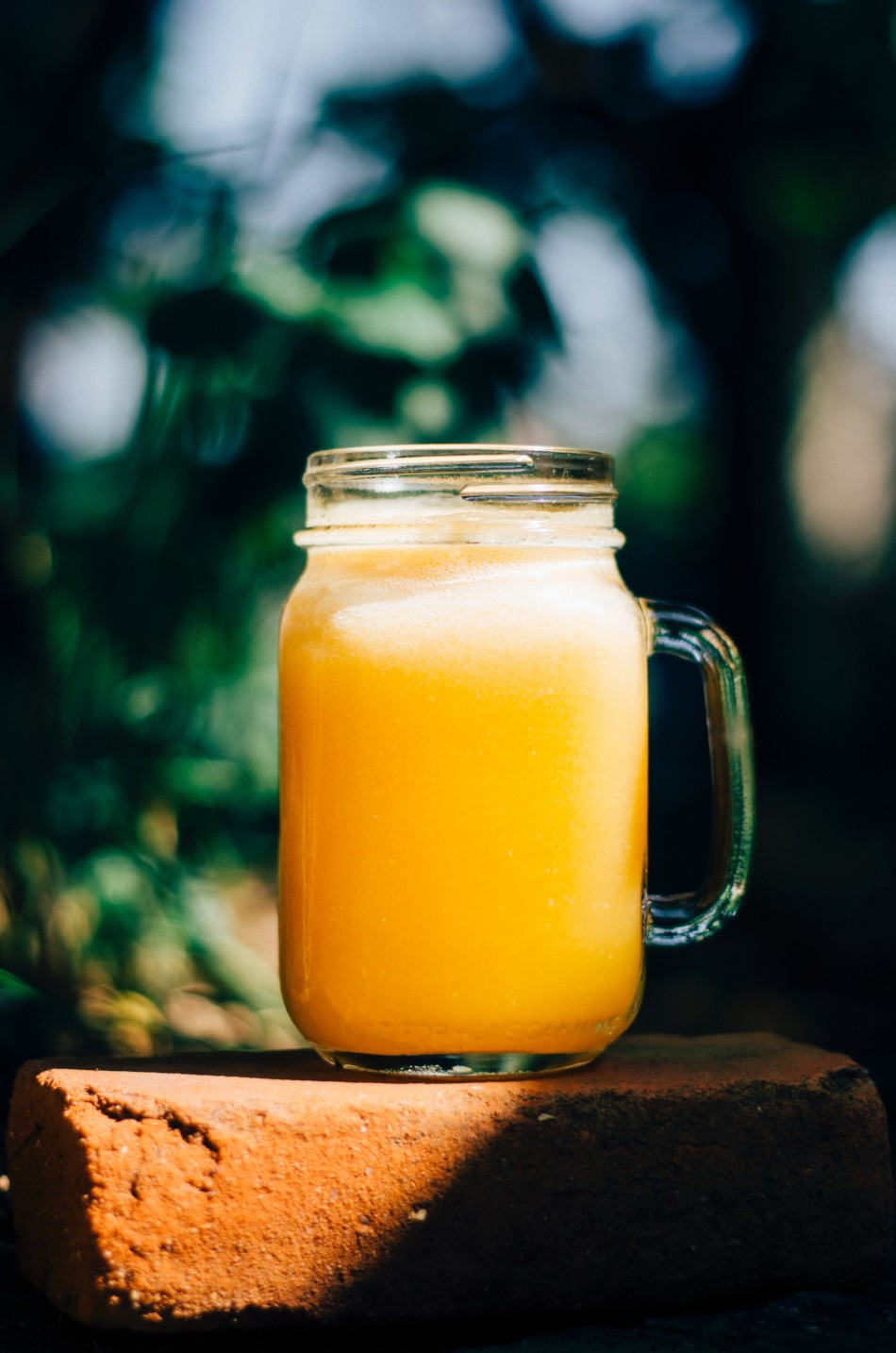Potassium in orange juice and its role in health

Potassium in orange juice and its role in health
1 min read
Potassium is an essential mineral involved in many body processes, including electrolyte balance and the normal functioning of cells and nerves. The European Food Safety Authority (EFSA) has set a recommendation of 3500mg potassium daily based on its positive impact on cardiovascular health, including lowering risk of stroke. However, potassium intakes are too low in many European countries.
Key dietary sources of potassium are vegetables, milk, shellfish, meat and fruit. A small glass (150ml) of 100% orange juice provides around 7.5% of daily potassium needs.
Blood pressure
High blood pressure or hypertension is an independent risk factor for cardiovascular disease. Potassium has a health claim in the EU and UK for supporting normal blood pressure as it helps to promote the excretion of sodium in urine.
Since the relationship between potassium and blood pressure is well established, it stands to reason that foods which are a good source of potassium, such as 100% orange juice, may be beneficial to heart health. One randomised controlled trial found that daily consumption of 500mL flavonoid-rich orange juice for 12 weeks significantly reduced systolic blood pressure in patients with mild hypertension [1]. Another study found a significantly reduced diastolic blood pressure after participants consumed 500 mL orange juice daily for 4 weeks [2].
Hydration
Potassium is also a dietary electrolyte meaning it helps to maintain hydration. Natural sources of potassium, such as 100% orange juice, deliver this important electrolyte, as well as sugars and water, which suggests it might be a useful drink post-exercise. One recent study found that 100% orange juice is just as effective as water or a carbohydrate electrolyte drink in terms of hydration, quenching thirst and electrolyte balance after aerobic exercise [3].
To conclude, 100% orange juice is a convenient source of the essential mineral potassium which is linked with cardiovascular health and hydration.
References
1. Valls RM et al. (2021) https://pubmed.ncbi.nlm.nih.gov/32661681/
2. Morand et al. (2011) https://pubmed.ncbi.nlm.nih.gov/21068346/
3. Kelly MR et al. (2020). http://www.annexpublishers.com/articles/JNH/7101-Gastrointestinal-Implications-of-Post-Exercise-Orange-Juice-Consumption.pdf
